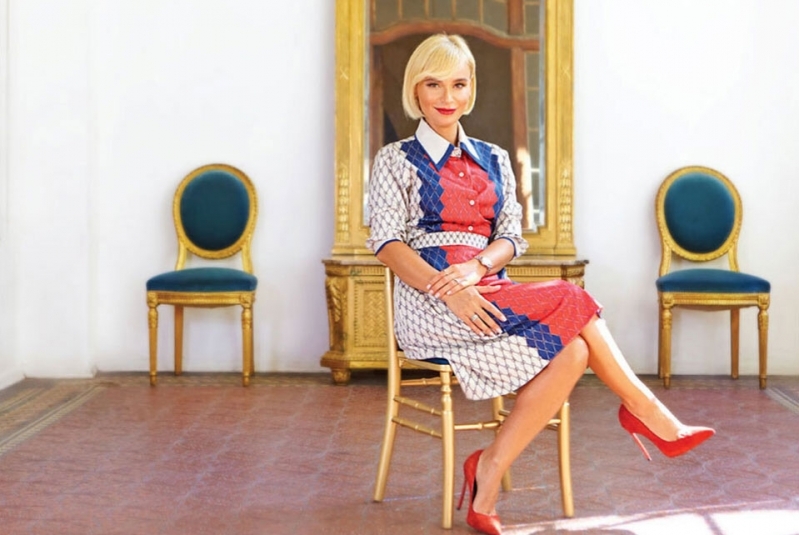
Shrinking the Black Sea
It is off-season in Anaklia. The snack stands on the Black Sea promenade are shut, the hotels are empty, palm trees rustle in the mild February breeze. Cows graze amid marshy ponds and tangerine and hazelnut orchards. But just outside this sleepy Georgian resort, a lunar landscape is emerging. Black sand has been dredged from the seabed to create an eight-metre high, 80-hectare plateau to drain water from the boggy ground into 2,500km of pipes. These are the first steps in the construction of a new deep-water container port. To stand here and look in different directions is to grasp its significance. North along the coast: Abkhazia, a Russian-backed breakaway state, then Russia, then battle-scarred Ukraine. Straight ahead: the Black Sea and, over the horizon, the eu.
Georgia is blessed and cursed by its geography, says Salome Zourabichvili, its new president. Blessed because the country is a lush intersection on the silk roads between Europe and Asia. Cursed because it is hemmed in by mighty empires with a penchant for invading: Persians, Turks and Arabs from the south, Mongols and Russians from the north. Moscow ruled Georgia for most of the 19th and 20th centuries, and invaded briefly in 2008. It still has control over Abkhazia and South Ossetia, another breakaway, and last year warned of a “terrible conflict” should Georgia try to join nato. Georgians, however, want to join not just nato but the eutoo. “We consider ourselves European, perhaps even more so than the Europeans,” jokes Ms Zourabichvili.


